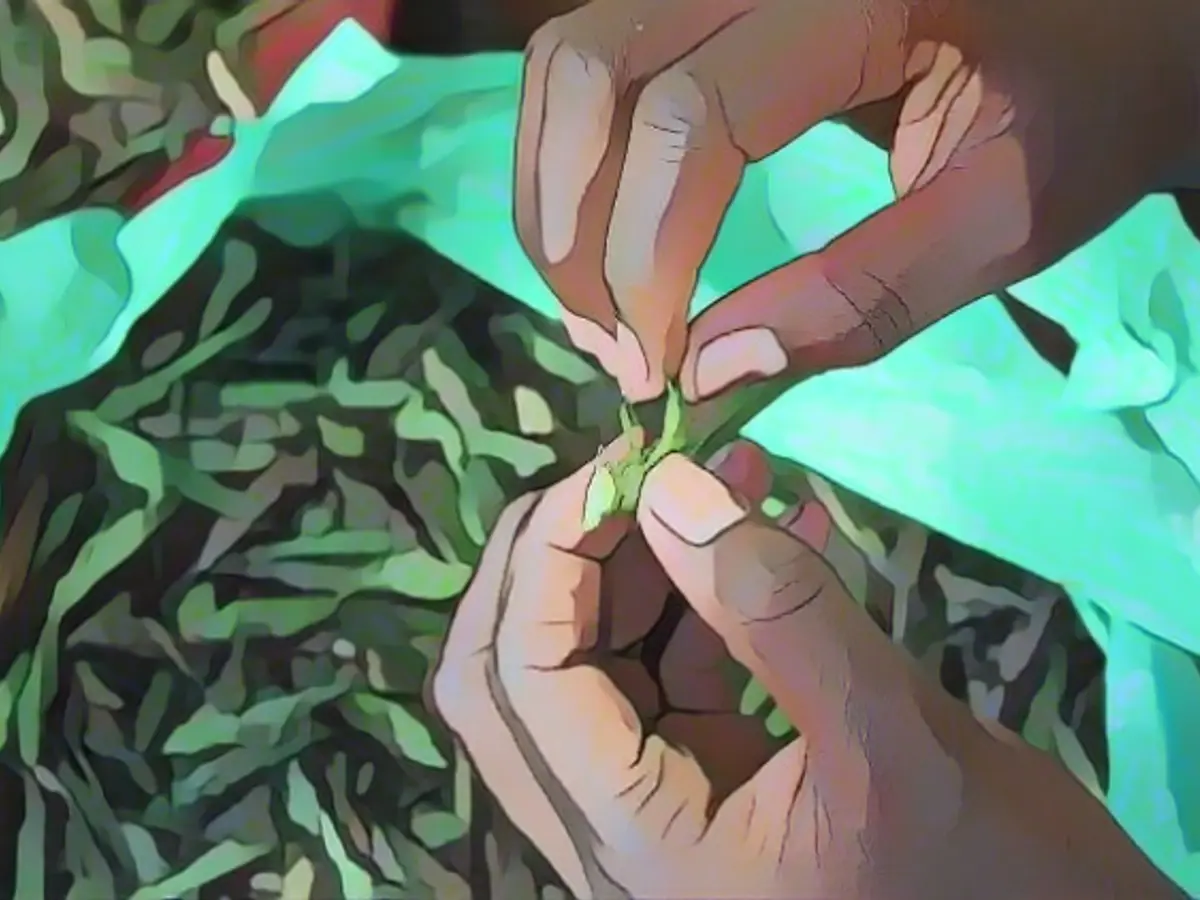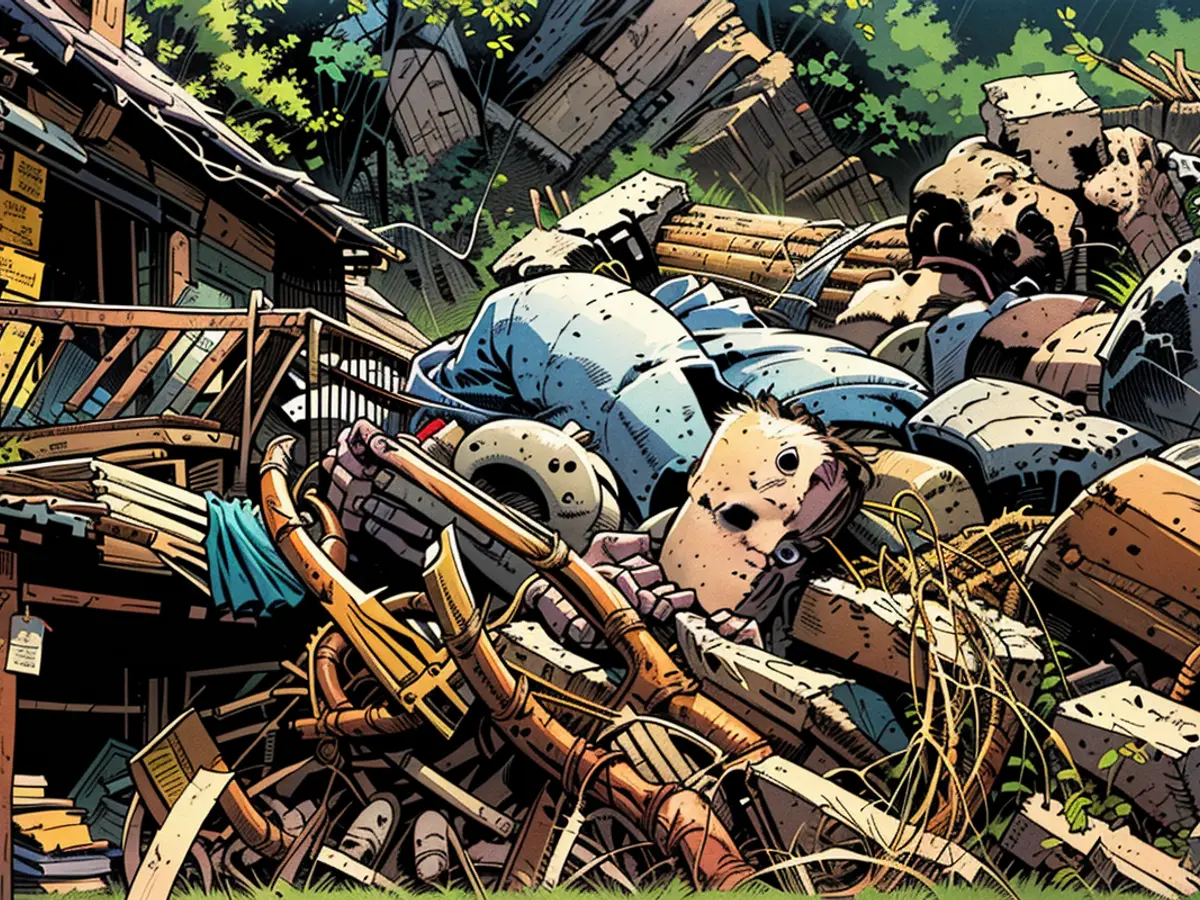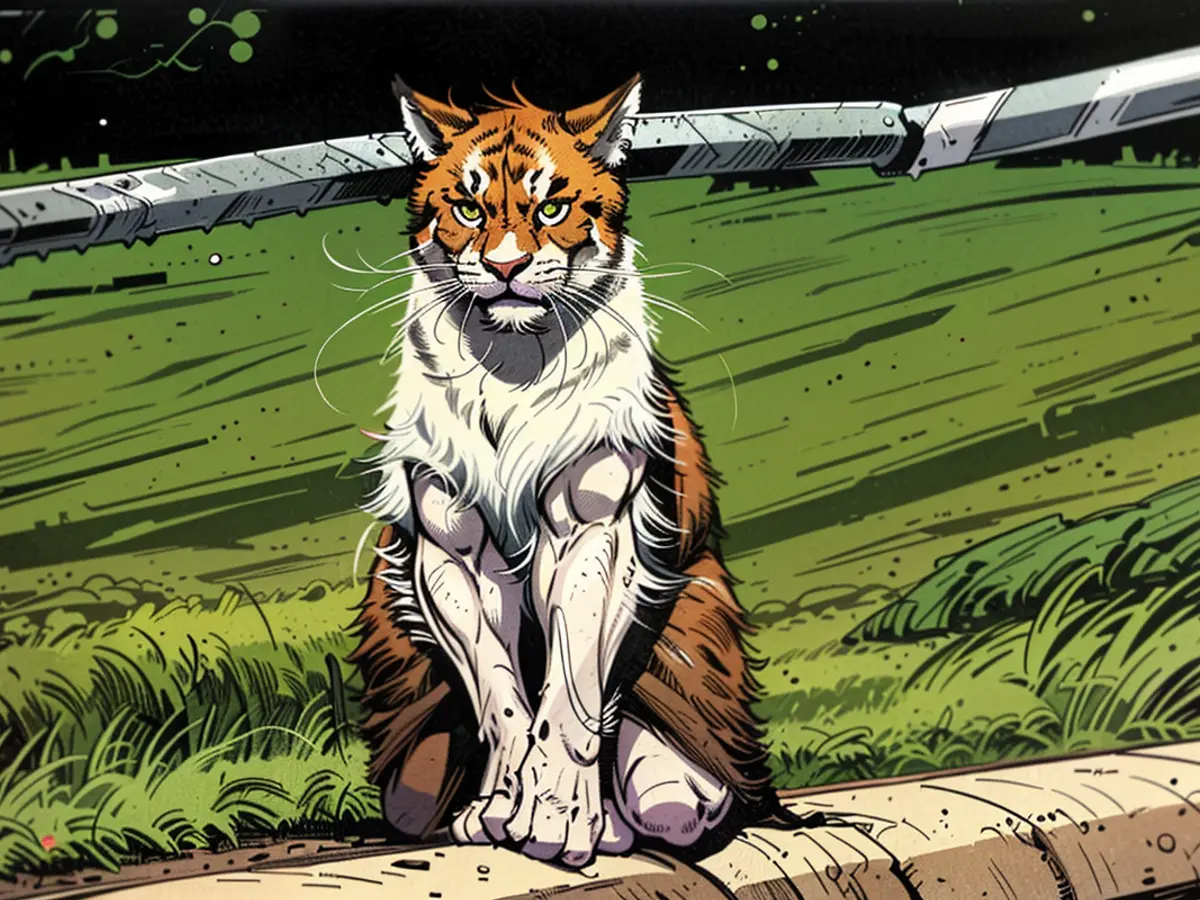Uganda's locust catchers fear for crunchy snack
What was described as a plague in the Bible is a blessing in Uganda: the gigantic swarms of locusts that fly every year during Advent. Plucked and deep-fried with onions, these protein-rich insects are eaten as a snack during the Christmas season.
Juliet Nakato lights a match and tries to get a fire going. She piles up damp wood and mango leaves: "I want to produce a lot of smoke," she says and coughs. "It stuns the grasshoppers so they can't fly away."
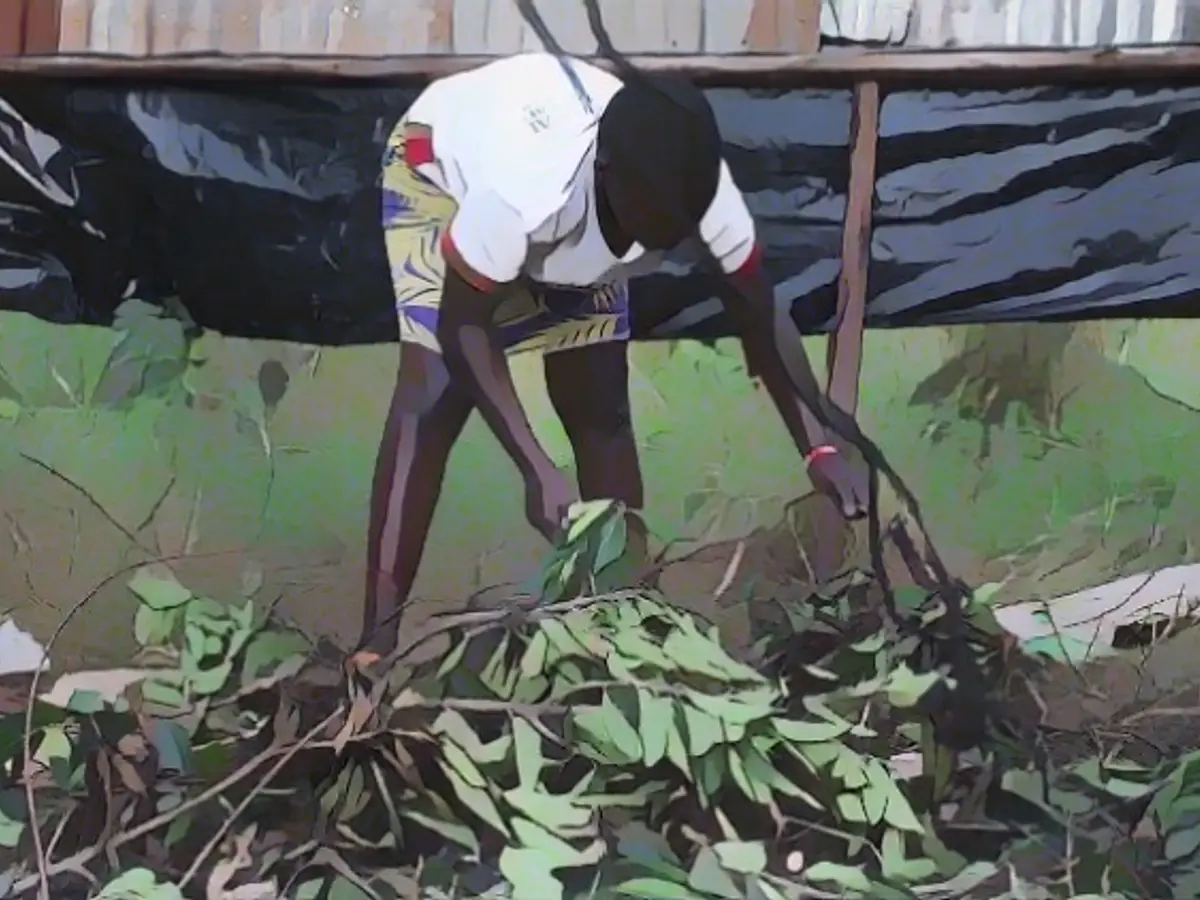
The 16-year-old Ugandan stands in the middle of almost vertically erected corrugated iron sheets in a field on the outskirts of the Ugandan capital Kampala. It is already dawning and the first stars can be seen. The young girl looks up at the sky with concern. "It's not a good season this year, only a few are flying," she says, looking sad. "We use the income to pay my school fees."
From plague to crunchy snack
What was once described in the Bible as an apocalyptic plague is an economic blessing for many farmers in Uganda. In this agricultural country, an entire industry thrives on the locusts known as nsenene just before Christmas. Every November, farmers across the country set up corrugated metal traps to catch the flying hoppers.
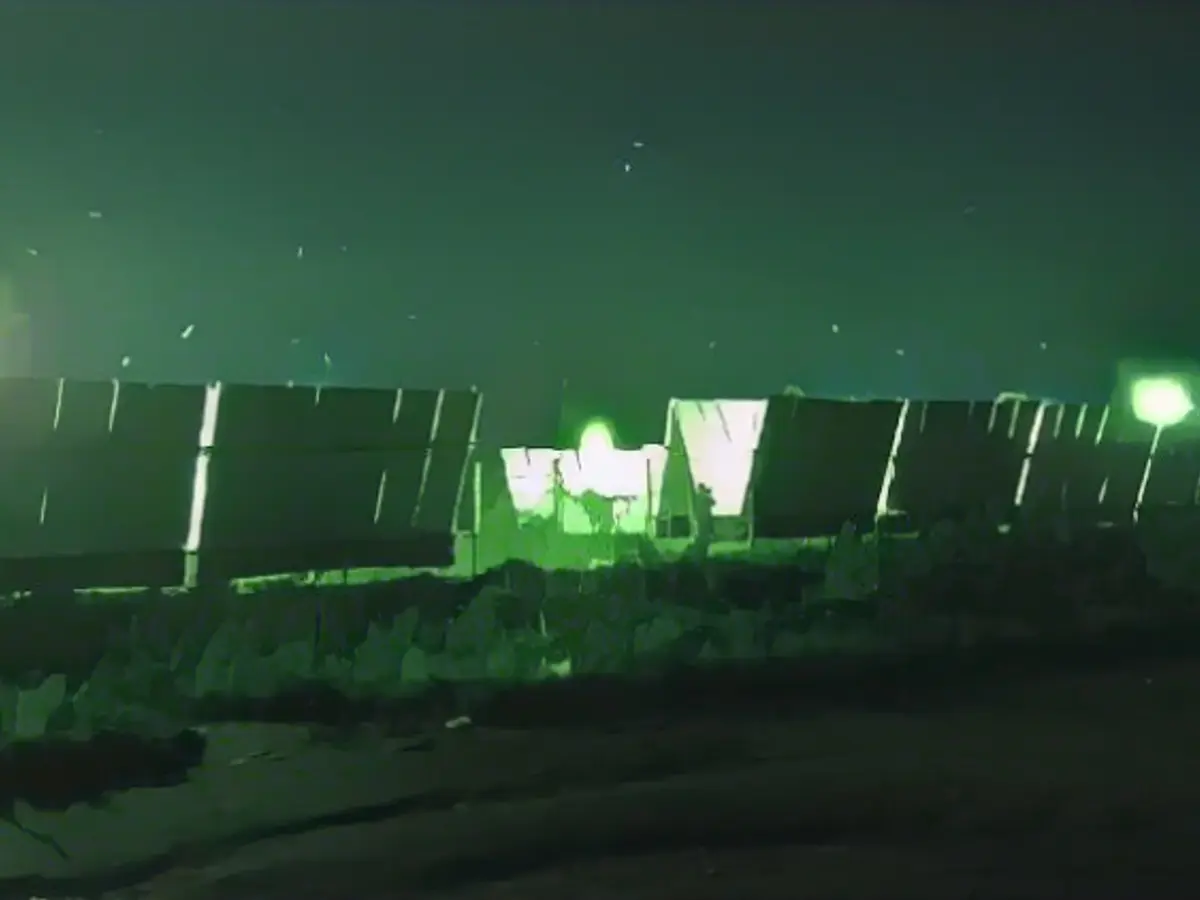
To do this, diesel generators are dragged into the middle of the marshland and bright spotlights are set up and aimed at the sky to attract the swarms, which fly mainly at night. Reflective corrugated metal sheets are stretched out like funnels under the cones of light and nets are pulled around them so that the insects get caught in them and ultimately slide into a barrel in which they are stunned with smoke. As soon as the barrel is full, thousands of nimble fingers set about plucking the insects' wings and washing them. A whole armada of women then deep-fry them into crispy, crunchy snacks.
Empty traps get Uganda's president
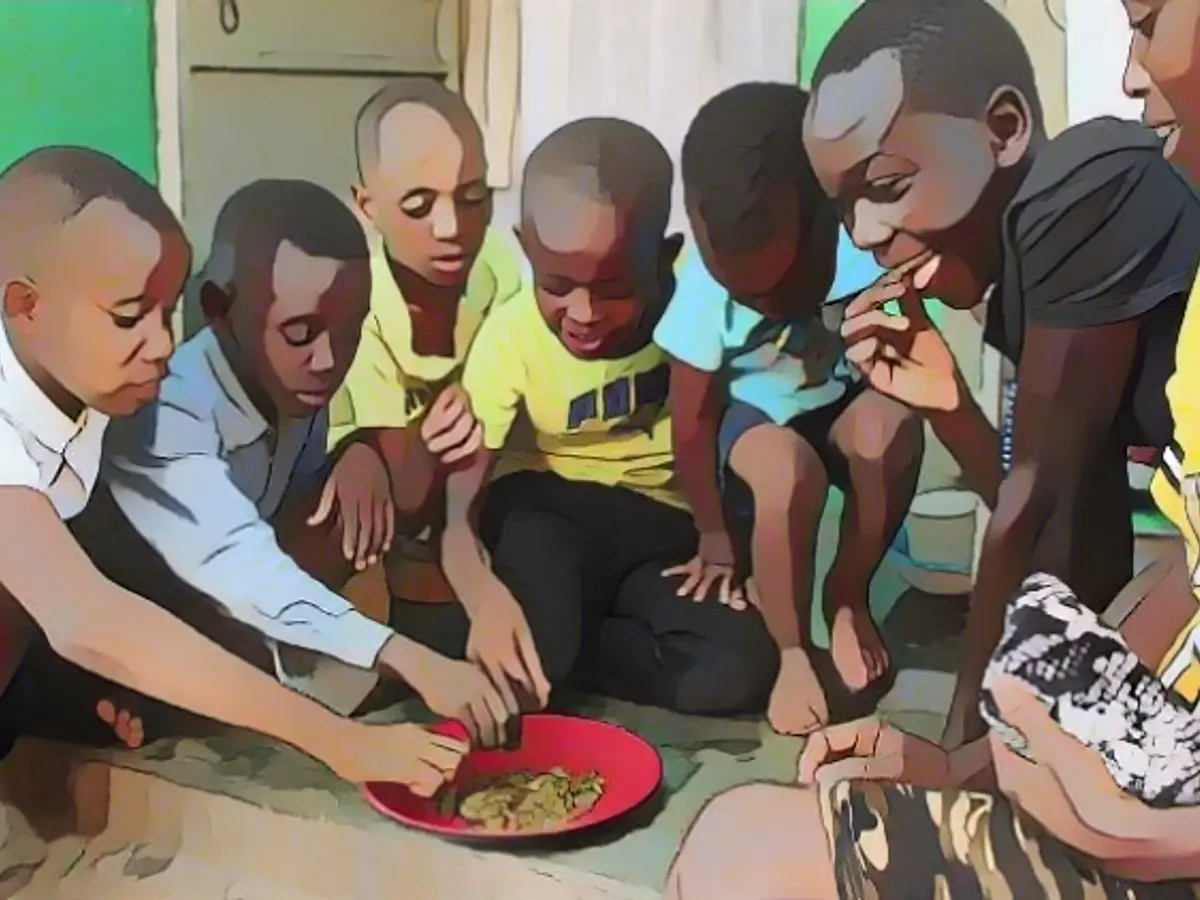
Restaurants and sports bars usually advertise their Nsenene offers at this time of year. Along the main roads, where cars jam at peak times, the grasshoppers are usually filled from buckets into small plastic bags and sold to waiting drivers. Especially in the run-up to Christmas, when Ugandans are invited to Christmas parties, this snack is a must on every buffet.
But now the whole country is speculating as to why the traps are empty this year. Even Uganda's President Yoweri Museveni has commented: "This is Museneene (the month of locusts). But where are they? Is it climate change?" he wrote on his X account. "I don't eat Nsenene. However, I wish the Nsenene eaters the best of luck," said the president.
Researchers find causes for locust decline
This has now prompted scientists to investigate why the locusts are absent this year. And they are sounding the alarm: "The population must change its attitude towards the environment," warns Philip Nyeko, one of the leading entomologists at Uganda's state-run Makerere University. Most grasshoppers breed in the wetlands along the Nile or around Lake Victoria. However, these wetlands, which are protected by law, are increasingly being destroyed. "Most of our edible insects will disappear forever if you don't protect their breeding grounds," he warns.
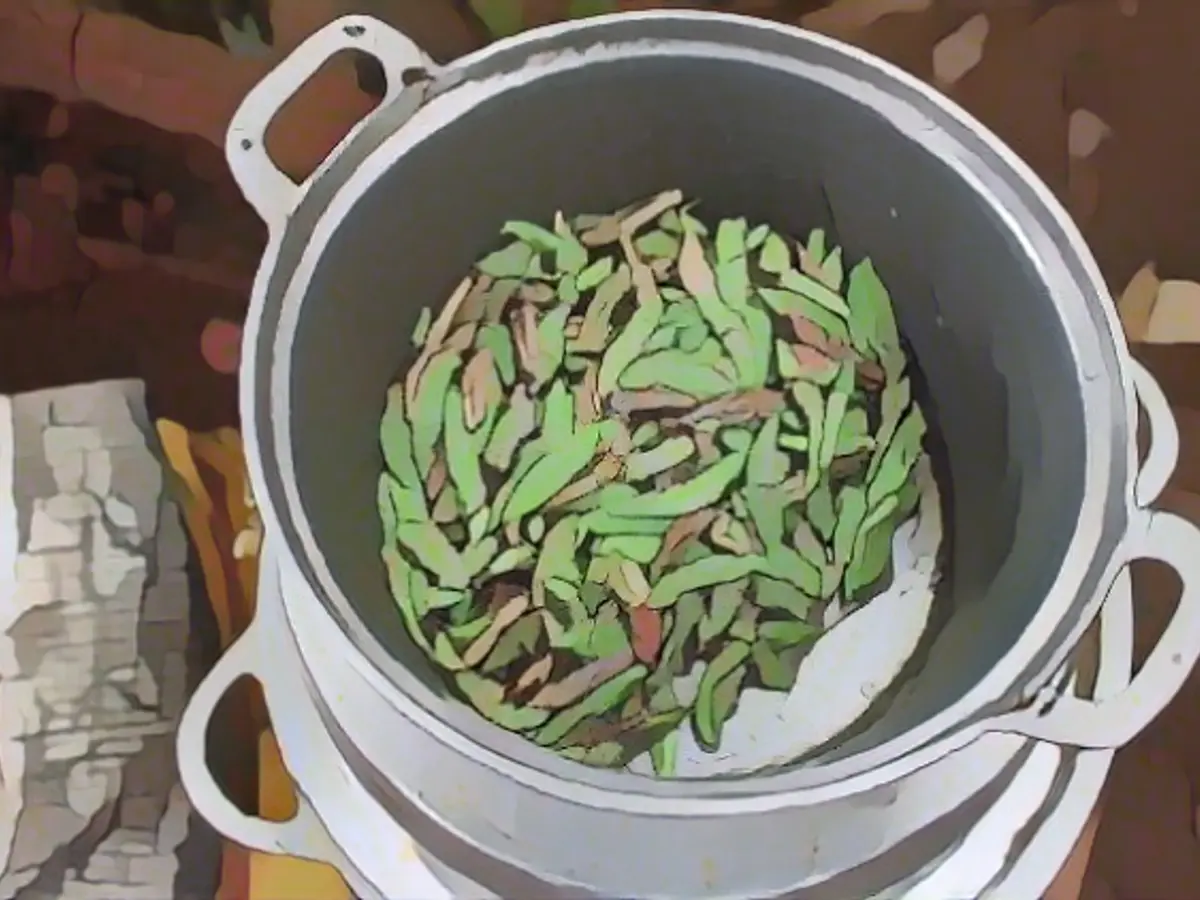
Another entomologist, Javira Beturumura, cites increasing climate change as a further cause. This year, the weather phenomenon El Niño in the Pacific is once again causing heavy rainfall in the region. But the larvae do not hatch when it is wet.
As the last light of day fades and the fire smokes and smoulders, Nakato switches on the light. Two bright bulbs glare, their light reflecting off the corrugated metal sheets several times. "My eyes hurt and I have burns on my skin," admits Nakato, scanning the sky for flying insects. Only a few get lost in her trap and slide stunned into the barrel. "We pray that the big swarms come before Christmas so that my mother can sell them," she says, "otherwise we won't be able to pay my school fees in January."
Read also:
- Snow chaos further restricts Bavaria
- Unanimous decision: faster wolf culls possible
- The year of climate records: extreme is the new normal
- Snow and ice paralyze southern Germany
- Due to the decline in locust populations, international researchers and Ugandan entomologists have expressed concern about the future of the nsenene industry, which is crucially important for the nutrition of many Ugandans during the Christmas season.
- Despite the lack of locusts, Uganda's president Yoweri Museveni has expressed his hope for a successful season and reminded his fellow citizens of the economic significance of the insects for farmers and the food industry.
- As Christmas approaches, many families in Uganda, including Juliet Nakato, are hoping for a plentiful harvest of locusts to ensure they can afford the necessary food and school fees for their children.
Source: www.ntv.de
